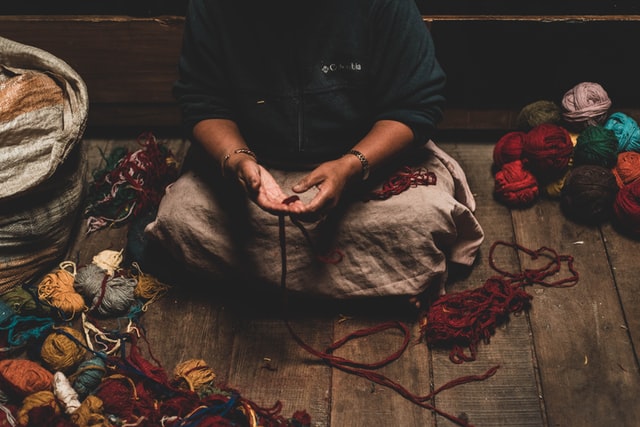Refugees & COVID-19: Why the Ability to Self-Isolate is a Luxury

By Aanya Bhandari, Sona Circle
In an appallingly short span of time, the COVID-19 pandemic has had a calamitous global effect, touching nearly every country and territory. As is the case with any catastrophic event, certain groups are left more vulnerable than others. One such group in this instance is refugees.
Refugees face immense barriers to accessing healthcare and taking preventive measures which others might take for granted, including regular hand-washing, sanitation facilities and of course, the ability to self- isolate.
A study by the University of Birmingham shows that many undocumented migrants are apprehensive about seeking medical help, for the fear of being reported to immigration authorities and being deported. As a result, they are often left to suffer in silence.
Even in normal times, those living as refugees, migrants, or internally displaced due to conflict, environmental disasters or extreme poverty, face physical and psychological barriers to integration. However, due to the pandemic restrictions, which have put a halt to economic activity globally, groups of individuals that were once extremely vulnerable are now struggling to survive.
Employment opportunities which were previously available in the informal economy have vanished, resulting in a loss of income opportunities and an increase in economic hardships for millions.
As UK unemployment claims have soared by nearly 70% since April 2020, we’re left to imagine the impact on refugees, considering the refugee unemployment rate has historically been three times as high as that of the British population.
While many NGOs and governmental organisations are working to stabilise the situation on the economic front, COVID-19 has no geographic borders or language barriers, and self-isolation is far from becoming a reality in major refugee camps around the world. Refugees residing in shelters, shared lodgings and overcrowded housing with common kitchens and toilets are simply unable to self-isolate, bolstering health risks and concerns about contracting the virus.
According to an emergency release by UNHCR, 134 refugee hosting countries have reported local transmission of COVID-19 within camps, including Bangladesh which hosts almost 1 million Rohingya refugees from Myanmar, with 600,000 concentrated in the Kutupalong-Balukhali expansion site.
Consequently, local NGOs have cut down on the number of volunteers going into refugee camps to decrease the risk of bringing in the virus. As a result, many initiatives that support refugees, including education, skill development, and mental health counseling sessions, have been stopped.
The cumulative effect of the economic, social, psychological, and medical complications has caused an unprecedented disruption to the lives of millions of refugees.
As the world economy struggles to re-stabilise, the global community must work together and demonstrate solidarity to ensure that the human rights and protection of forcibly displaced people are preserved.
While you’re surrounded by your loved ones, in the safety and comfort of your homes, you can show your support by making a donation (no matter how big or small) to the Sona Circle Refugee Employment Fund where 100% of donations go directly to supporting refugee employment in the UK, via our Just Giving page.
https://www.justgiving.com/crowdfunding/sonacircle